PESHAWAR, Pakistan — India launched missiles at neighbor and rival Pakistan on Wednesday, dramatically escalating tensions between the nuclear powers two weeks after a terrorist attack in Indian-administered Kashmir that killed 26 people.
Calling them an “act of war,” Pakistan said the strikes, which according to India hit nine locations across the Pakistani province of Punjab and in Pakistan-administered Kashmir, killed 26 people and injured 46 others. Among the dead were six people killed at two mosques and two teenagers who were killed elsewhere, Pakistani officials said.
India said the strikes hit only “terror camps” and no civilian or military targets. It said it had exercised “considerable restraint” in its target selection.
“Our actions have been focused, measured and non-escalatory in nature,” the Indian defense ministry said in a statement.
Several buildings were on fire after the strikes, which caused power outages in various locations, videos posted on social media and verified by NBC News showed. Some of the injured were being taken to hospital in ambulances, and in another video, a loud hissing sound can be heard before a blast hits a few feet away from a crowd of bicyclists.
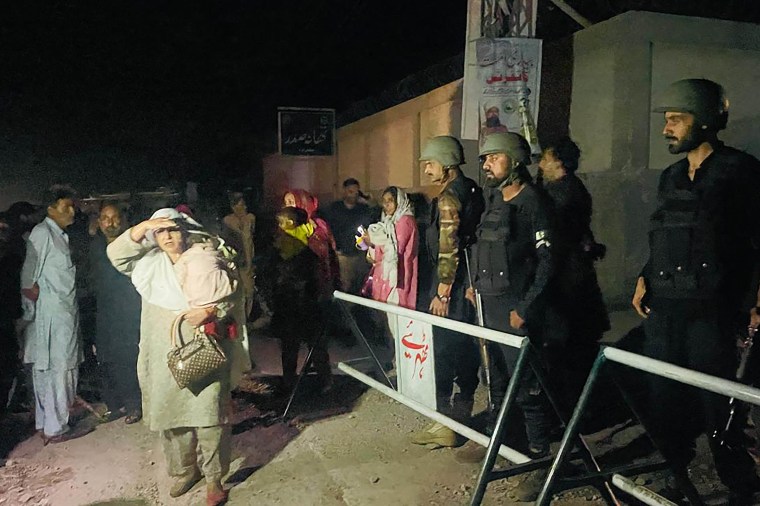
India blames Pakistan for the massacre last month of 26 civilians, mostly tourists, in the Indian part of Kashmir, a disputed Himalayan region that both India and Pakistan claim in its entirety. Pakistan, which India has long accused of supporting cross-border terrorism, denies involvement and has called for a “neutral” investigation into the April 22 attack, the deadliest against Indian civilians in almost two decades.
“It was expected that Pakistan would take action against terrorists and the infrastructure that supports them,” the Indian Embassy in Washington said in a statement. “Instead, during the fortnight that has gone by, Pakistan has indulged in denial and made allegations of false flag operations against India.”
Pakistan promised a forceful response to India’s airstrikes, with security officials telling NBC News that Pakistani forces had already shot down five Indian Air Force planes and one drone. India has not confirmed the reports.
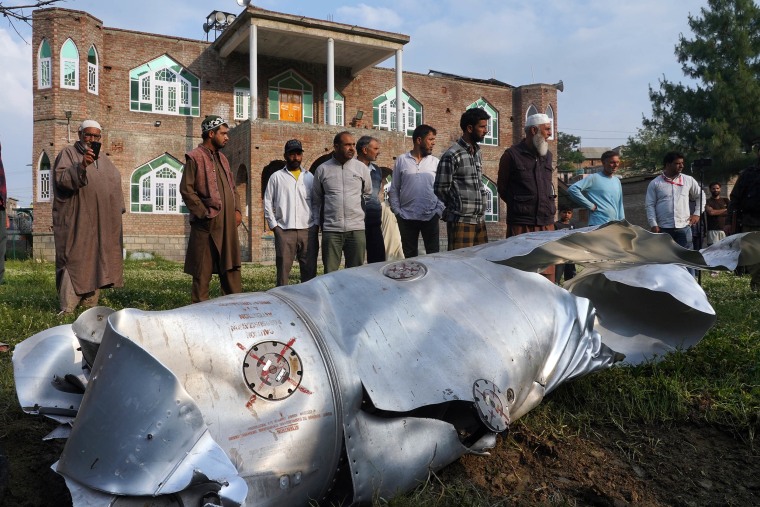
At least three civilians were also killed in shelling by Pakistani troops in Indian-controlled Kashmir, the Indian army said.
The strikes started at 1:05 a.m. (3:35 p.m. ET Tuesday) and lasted for 25 minutes, Col. Sofiya Qureshi, an Indian army officer, told a news briefing Wednesday. India responded with “precision capability” to avoid “collateral damage,” said Indian air force Wing Cdr. Vyomika Singh.
New Delhi had intelligence that indicated “further attacks against India are impending,” Foreign Secretary Vikram Misri said in the news briefing, adding the strikes were both a response to last month’s attack and a deterrent against future attacks.
“Pakistan has every right to give a robust response to this act of war imposed by India, and a strong response is indeed being given,” said Pakistani Prime Minister Shehbaz Sharif, who has convened a meeting of his National Security Committee for Wednesday morning.
In a statement, United Nations Secretary-General António Guterres called on both countries’ militaries to exercise restraint.
“The world cannot afford a military confrontation between India and Pakistan,” he said.
The U.S. National Security Council said it was aware of the situation and that Secretary of State Marco Rubio had spoken with his counterparts in both countries.
“He is encouraging India and Pakistan to reopen a channel between their leadership to defuse the situation and prevent further escalation,” spokesperson Brian Hughes said.
Speaking to reporters earlier, President Donald Trump called the conflict “a shame” and said, “I just hope it ends very quickly.”
China, which borders both countries, called the strikes “regrettable” and urged both sides to “act in the larger interest of peace and stability.”
Leaders in India hailed the strikes, with Defense Minister Rajnath Singh saying “Glory to mother India!” while Foreign Minister S. Jaishankar said, “The world must show zero tolerance for terrorism.”
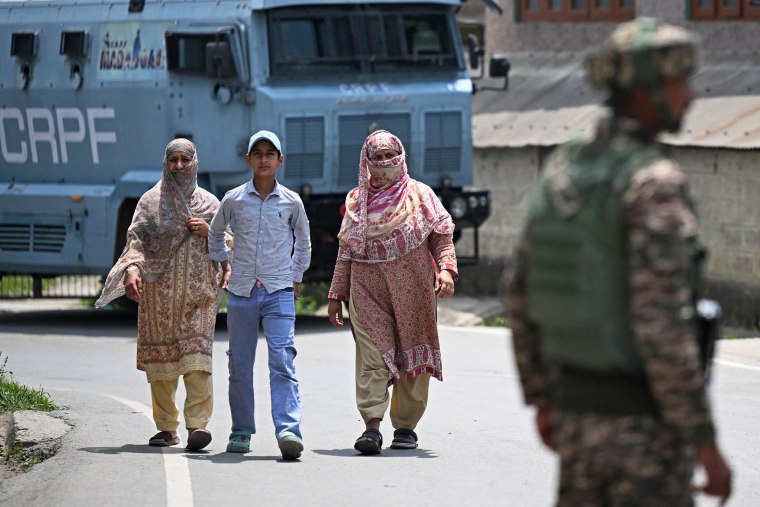
As dawn broke, Pakistan announced all schools in Punjab as well as the Islamabad Capital Territory would be closed for the day. Commercial flights were also disrupted and some airports were reportedly closed.
The strikes were known as Operation Sindoor in a reference to the red vermilion that newly married Hindu women wear in their hair to symbolize love and devotion. During the attack on a group of tourists in Kashmir, militants identified non-Muslims and then separated the men from the women and children, killing husbands in front of their wives.
Muslim-majority Pakistan and Hindu-majority India have fought two of their three wars over Kashmir, the only Muslim-majority region in India and one of the most militarized places in the world. Indian Prime Minister Narendra Modi, a Hindu nationalist, says his 2019 revocation of Kashmir’s semiautonomous status ended a decades-long separatist insurgency and allowed tourism to flourish, a narrative that was shattered by the attack last month.
Since the attack, India has threatened to disrupt Pakistan’s water supply and closed the only functional land border crossing. There has also been a crackdown in Kashmir, with officials making hundreds of arrests and demolishing the family homes of suspected militants.
The two countries have closed their airspaces to each other’s airlines, suspended or revoked some visas for each other’s nationals and suspended trade. India has also held civil defense drills, while Pakistan has test-fired missiles.
Mushtaq Yusufzai reported from Peshawar, and Mithil Aggarwal reported from Hong Kong.

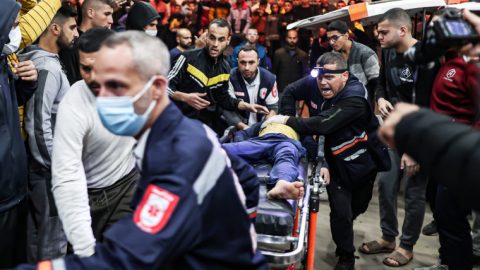
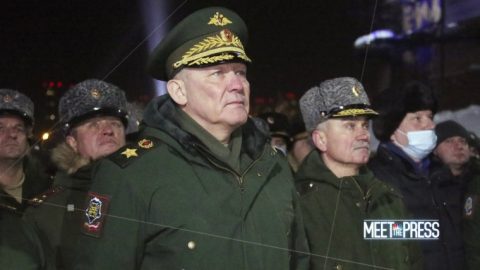

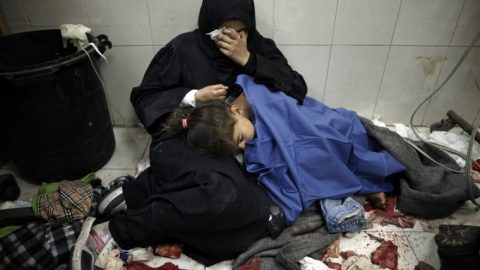

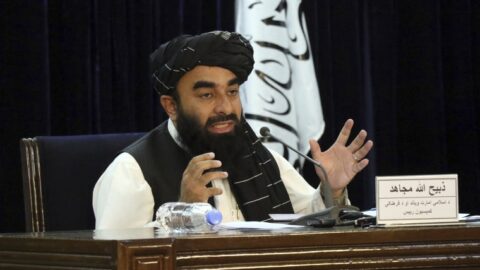

Recent Comments